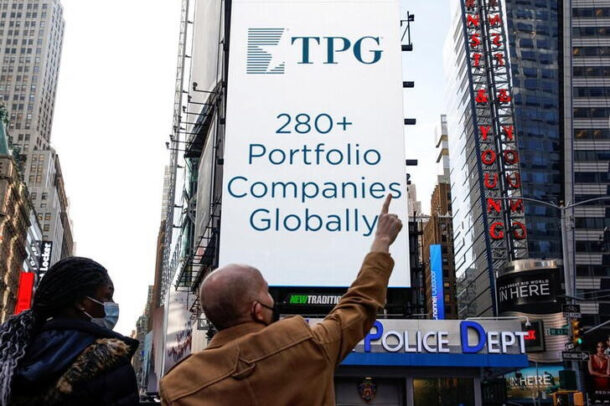D
avid McCarthy, Managing Director and Head of Legislative Affairs at the CRE Finance Council (CREFC), has been a key advocate for the commercial real estate finance industry in Washington, D.C. He leads CREFC's advocacy efforts with federal lawmakers, advising on policy analysis and strategy to support the organization's legislative and regulatory efforts.
The CRE Finance Council represents over 400 companies and 19,000 individuals involved in the $6 trillion commercial real estate finance industry. As a trade organization, CREFC promotes capital formation, market efficiency, transparency, and liquidity, while also advocating for the industry on Capitol Hill.
McCarthy previously worked at U.S. Bank's Regulatory Affairs department and as a Legal Intern for the Subcommittee on the Constitution of the U.S. House of Representatives Committee on the Judiciary. He is a graduate of George Mason University School of Law and Hamline University.
Section 899, part of the One Big Beautiful Bill Act, aimed to increase the U.S. tax burden for investors tied to countries deemed to be engaging in unfair foreign taxation. McCarthy expressed concerns that this provision could have broadly impacted debt and equity investment into the U.S., creating uncertainty around how Treasury might implement it and who could be targeted.
The real estate industry was worried about Section 899's potential impact on capital availability for U.S. borrowers, as foreign capital plays a significant role in financing commercial real estate. McCarthy noted that if tax rates increased, borrowers could directly bear the burden, especially since loan agreements often put the risk of increased international taxes on the borrower.
Foreign capital is crucial to the U.S. commercial property market, providing diversification, liquidity, and filling gaps in domestic financing. Reducing participation or creating uncertainty around it can have ripple effects throughout the financing ecosystem. In 2024, approximately $260 billion of U.S. CRE loans were held on foreign bank balance sheets.
Even before Section 899 became law, it created concern among market participants, including foreign investors who began reevaluating their exposure to U.S. real estate. The uncertainty alone disrupted transactions, highlighting the market's sensitivity to perceived policy risk.
It appears that Section 899 will not be enacted in its current form, as Treasury leadership formally requested its removal and congressional tax writers followed suit in recent revisions to the reconciliation package. Lawmakers and Treasury were sensitive to inbound investment concerns, and the G7 agreement on the underlying global minimum tax issue prompted policymakers to change course.
CREFC worked closely with other real estate trade associations to educate policymakers about the unintended consequences of Section 899, engaging directly with congressional tax writers and Treasury officials, flagging concerns in joint letters, and pushing for exemptions to protect passive real estate debt and equity investment.















